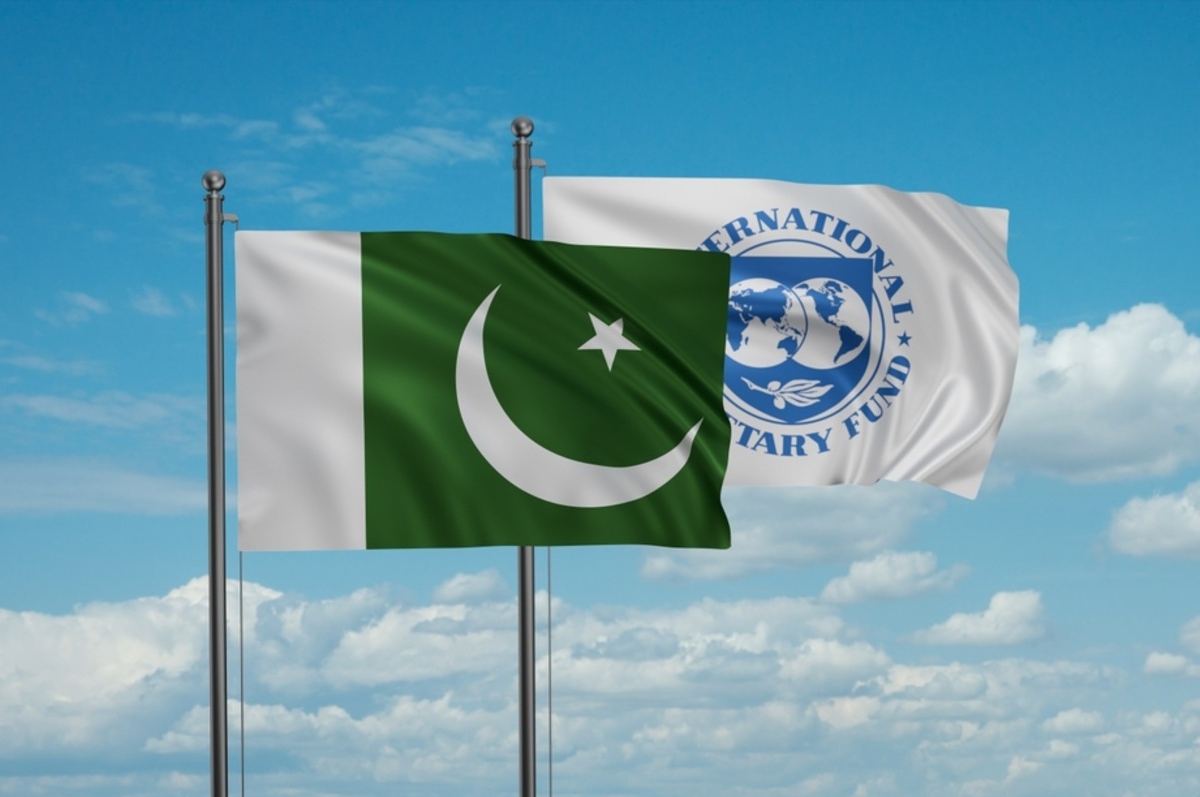Pakistan has secured a $7 billion medium-term financing deal with the International Monetary Fund (IMF), providing a reprieve for the crisis-stricken country as it seeks to address its soaring public debt and weak economic growth.
Details, conditions of the agreement
The IMF announced a staff-level, or preliminary, agreement with Prime Minister Shehbaz Sharif’s government for a 37-month financing program under the Extended Fund Facility. This agreement, which is Pakistan’s 24th bailout from the multilateral lender, will now go to the IMF’s executive board for approval.
According to the IMF, “the program aims to capitalize on the hard-won macroeconomic stability achieved over the past year by furthering efforts to strengthen public finances, reduce inflation, rebuild external buffers and remove economic distortions to spur private sector-led growth.”
As part of the deal, Pakistan has agreed to phase out incentives for its special economic zones and expand the tax net to include more of the country’s agricultural sector – a politically sensitive issue.
Read more: Riyadh to ‘move ahead significantly’ on $5 billion Pakistan investment plan
Pakistan’s economic challenges
Pakistan has been grappling with one of Asia’s worst recent economic crises, teetering on the brink of default last year before the IMF granted a $3 billion short-term rescue package. Inflation surged as high as 38 percent, driven by a ruinous debt burden that consumed 57 percent of government revenue in interest payments.
To meet the IMF’s conditions, Sharif’s government has announced a series of politically unpopular reforms, including tax hikes primarily on salaried workers and increases to household energy tariffs. The finance minister has warned that this may not be Pakistan’s last IMF program if the government fails to significantly boost tax revenues.
Signs of improvement
Despite the challenges, there are signs of improvement. Inflation has fallen to 12.6 percent in June, and central bank reserves, which dipped below $3 billion in February 2023, are now above $9 billion. The economy has also returned to growth after contracting last year.
The IMF has praised Pakistan’s budget plans to increase government revenue by 1.5 percent of GDP this fiscal year and by 3 percent by the end of the program. However, these measures have generated a backlash, including from the government’s coalition partners on whom it depends to remain in power after a disputed election in February.
For more news on banking & finance, click here.




